All reports
Report
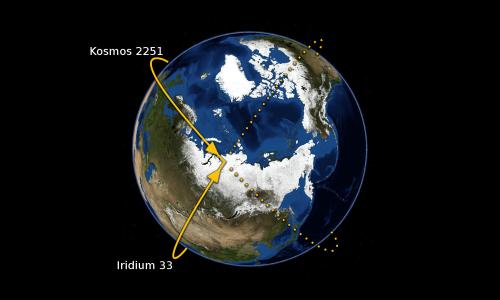
Colliding Satellites
Information on the Feb. 10th collision between a Russian and an American satellite.
Report

Climate 2030 Blueprint Policies
A National Blueprint for a Clean Energy Economy outlines a comprehensive set of smart policies to jump-start the transition to a clean energy economy.
Report

Benefits of a Low Carbon Fuel Standard
Factsheet outlining the benefits of a well-designed Low Carbon Fuel Standard to reduce emissions from the transportation sector.
Report

The Economic Impact of AB 32 on California Small Business
This first-of-its-kind study takes an innovative approach to the controversial subject by highlighting the case study of a real-world business in the Los Angeles area
Report
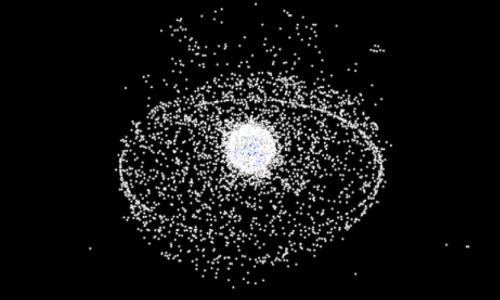
The Growth of Space Debris
The amount of space debris orbiting the Earth has steadily increased since 1957.
Report
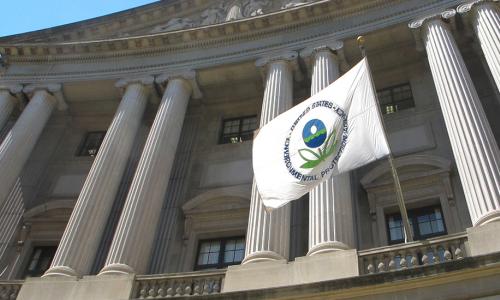
Federal Science and the Public Good
Strong U.S. investment in independent science has brought the nation economic progress, science-based public policy, and global scientific leadership.
Report

Fire When Not Ready
Because the nuclear industry cannot or will not meet fire protection regulations and the NRC does nothing about it, Americans face undue risk.
Report
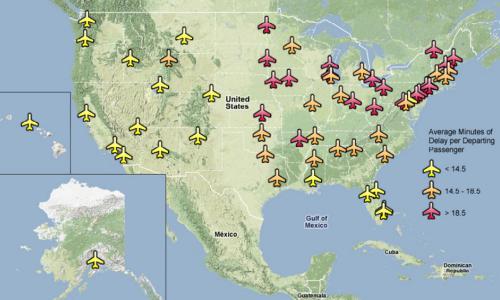
Getting There Greener
The Union of Concerned Scientists presents the first comprehensive analysis—peer-reviewed by experts—of the highest-carbon and lowest-carbon options for vacation travel.
Report
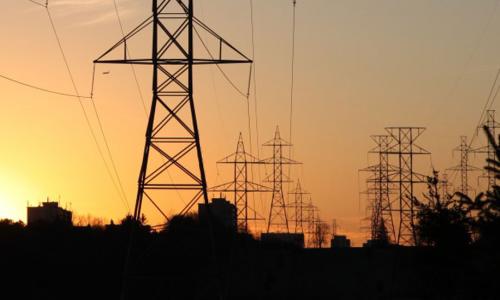
Importing Pollution
We must take critical steps to ensure that the regional greenhouse gas initiative doesn't unwittingly contribute to greater use of coal elsewhere.
Report
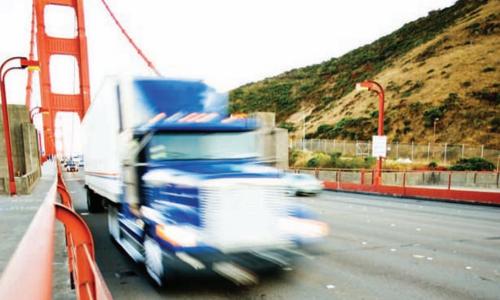
Delivering the Green
Improving truck efficiency is not only good for the bottom line but also can help California meet its global warming, air quality, and petroleum dependence goals.
Report
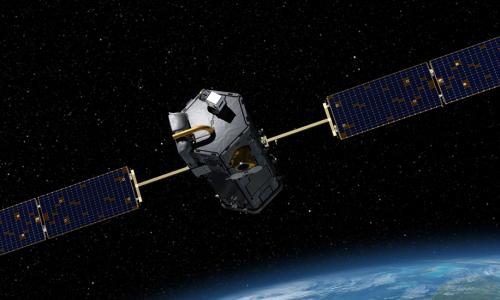
The Chinese Shenzhou 7 “Companion Satellite”
Analysis of the BX-1’s guidance mechanism indicates that it could not maneuver at close range around another country’s satellite
Report
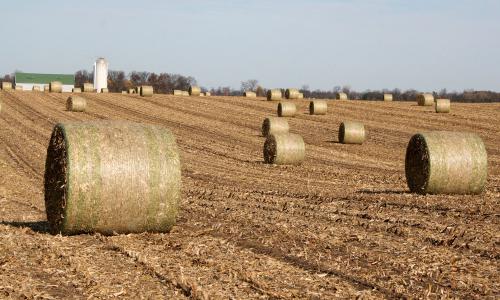
Land Use Changes and Biofuels
Analysis to consider the impacts that the use of agricultural, forest, rain forest, and other lands for the development of bio-based transportation fuels may have on their lifecycle global warming carbon dioxide footprint.